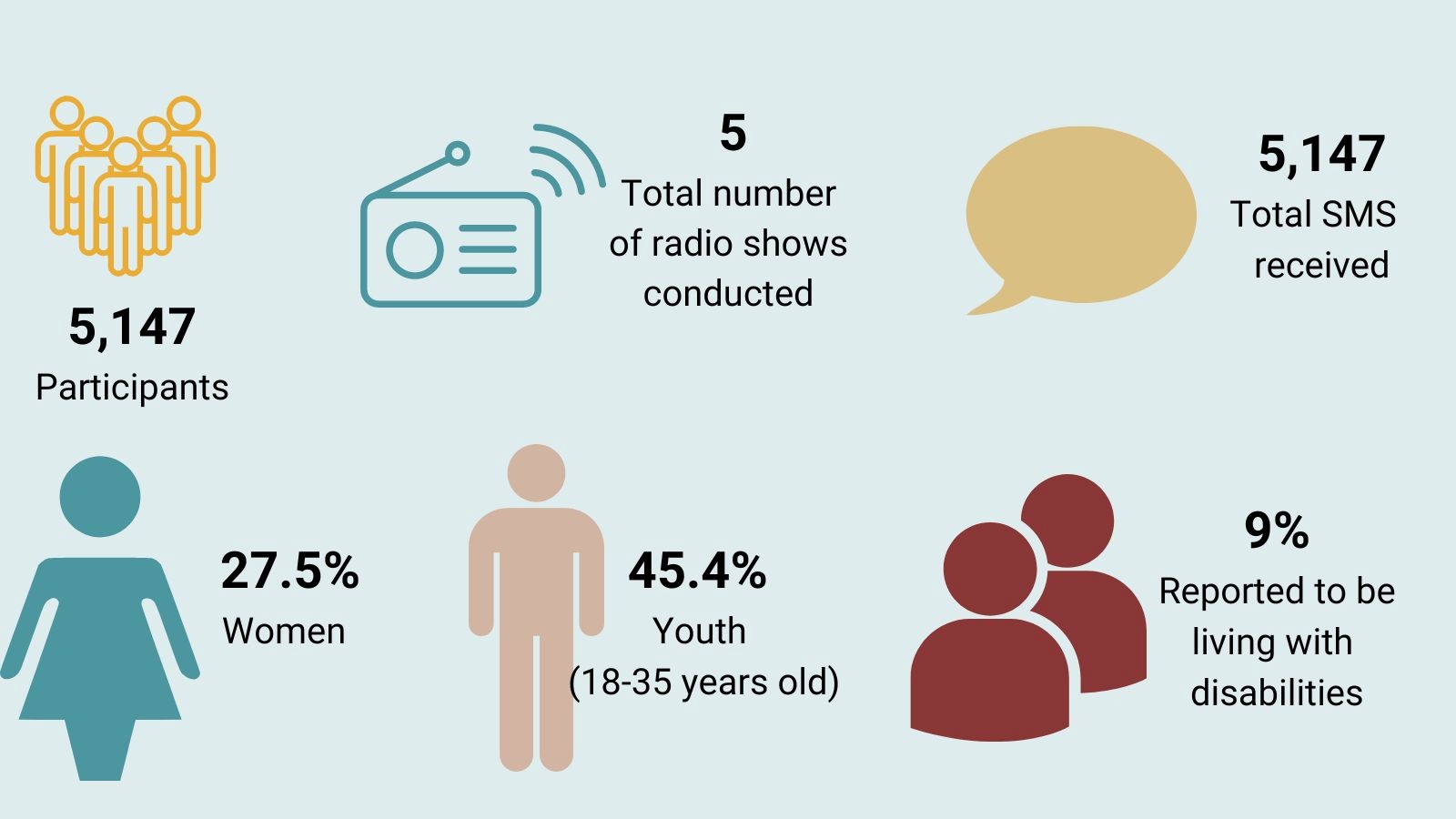According to Article 1 of the Constitution 2010, sovereign power belongs to the people of Kenya. The people exercise this power through their democratically elected representatives, which is then delegated to authorities at both the national and county levels.
As much as Kenyans have representatives at both the national and county governments, the same constitution requires they are intentionally engaged before key policy decisions are made to ensure that the outcomes are beneficial to everyone. The birth of devolution in Kenya required citizens to take part in key decision making at the local level. The decentralisation of power was meant to devolve power closer to people.
Even though citizens’ right to participate in key decisions is enshrined in the constitution 2010, the jury is out on whether or not citizens’ opinions have been used in making key decisions. Leaders have not fully mainstreamed inclusive and meaningful public participation in governance. Several factors have hindered a large population of citizens from taking part in making decisions. In the same breath, the exercise has majorly been perceived as a rubber stamping event, where the wishes of those in leadership positions have outweighed the will of citizens.
It’s in this regard that Africa’s Voices Foundation (AVF), in partnership with South Eastern Kenya Economic Bloc (SEKEB), with funding from Porticus, deployed the Common Social Accountability Platform (CSAP) methodology to spark plural dialogue between the citizens and their county leadership on various aspects of public participation.
Africa’s Voices partnered with a vernacular radio station, Musyi FM to engage residents in the three targeted counties of Kitui, Machakos and Makueni on their development priorities. Members of the public were encouraged to participate in the radio discussions by way of sending SMS feedback to radio questions through a toll free number. Due to its versatility, the approach reached out to traditionally marginalised groups like women, youth, illiterate, and people living with disabilities.
The project leveraged the use of mass media, telecommunications, technology, and social science research to capture citizen views and synthesise them into actionable insights.


The top three development priorities across the counties are Water & Sanitation, Road & Transport Infrastructure and Health.

Citizens emphasised the value of regional cooperation to boost collective economic growth.

Leverage digital spaces for public participation to improve participation of young people.

Citizens mentioned easy accessibility of their elected Member of County Assemblies to improve in their oversight role.
To effectively deepen and expand citizen engagement spaces the SEKEB counties should continue using diverse multi-media channels and approaches to reach the target population up to the lowest level possible (i.e. village level). This should include targeting remote populations, women, and people living with disabilities, youth and the illiterate.
The key findings and recommendations in this report were forwarded to the county leadership in the three targeted counties to contribute to the strengthening of counties’ public participation processes and the capacity of local authorities to respond to citizen voice. Also, the citizen views were incorporated into the development of County Integrated Development Plans.